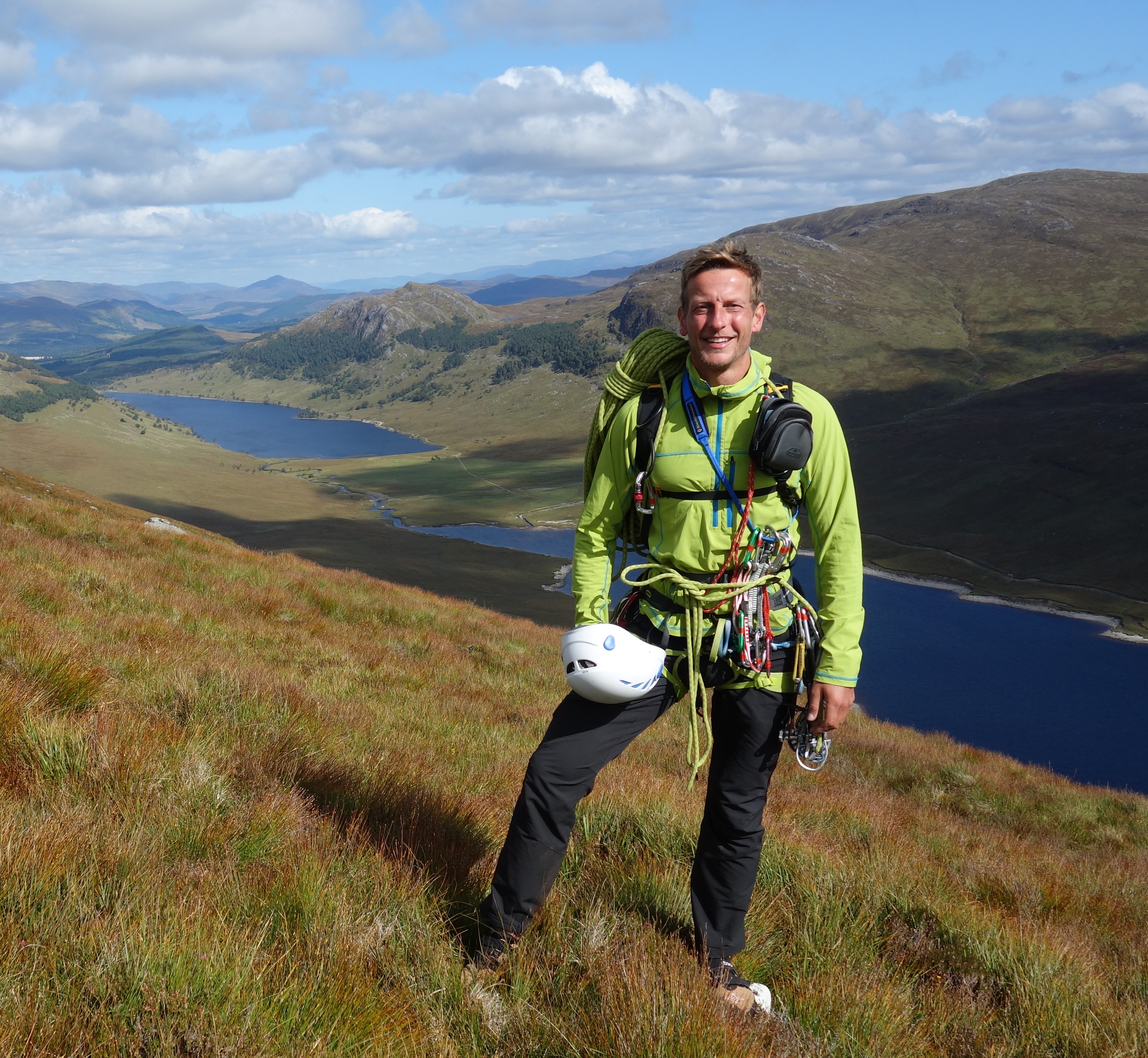Interview with Marco Confortola: mountain guide, 8000-metre-peak hunter, public speaker, author, survivor
We spoke to Italian mountaineer Marco Confortola about the life of a career alpinist, climbing 8000-metre peaks, and surviving one of the most tragic events in mountaineering history
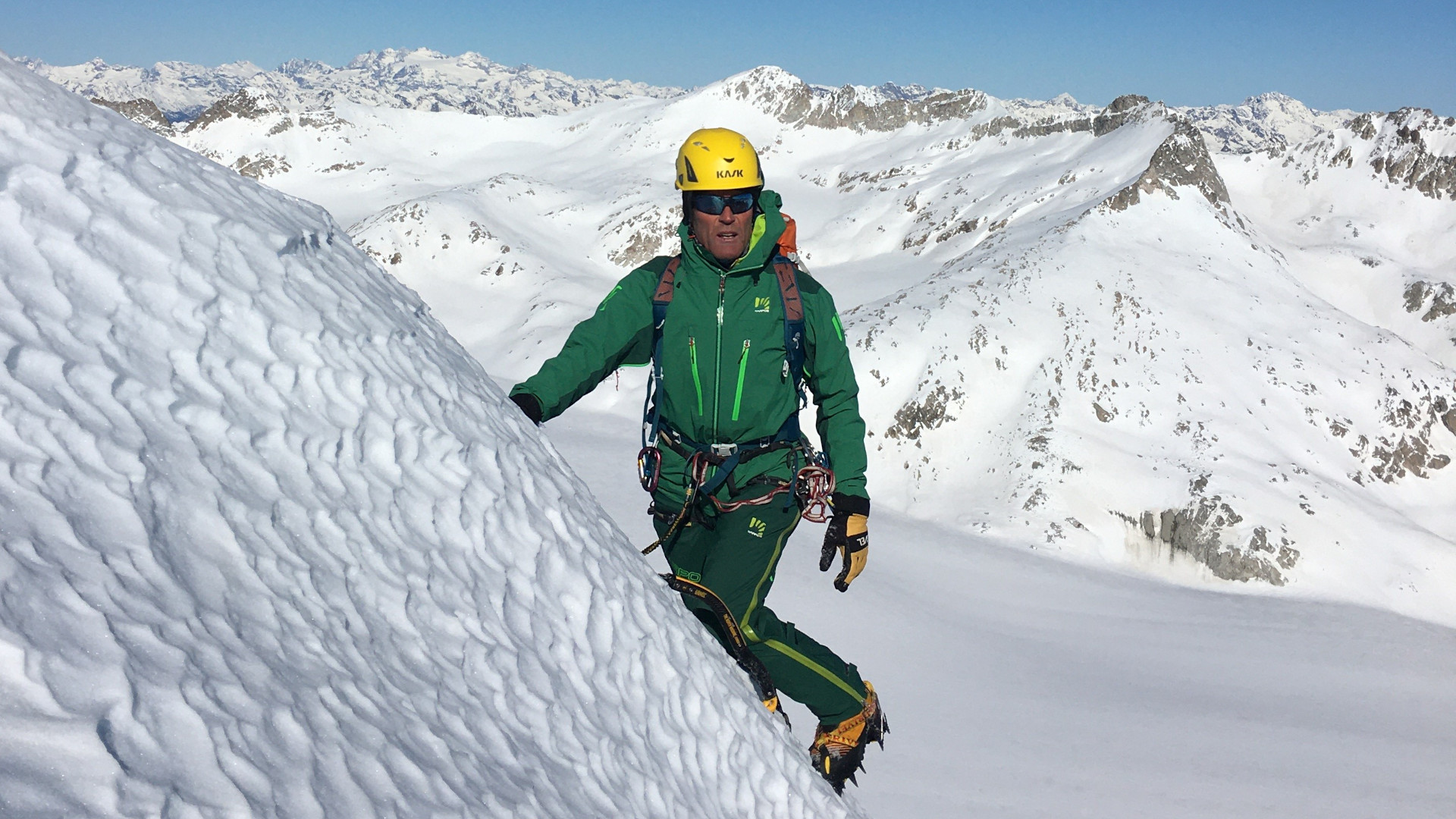
All the latest inspiration, tips and guides to help you plan your next Advnture!
You are now subscribed
Your newsletter sign-up was successful
At the age of 18, Marco Confortola became Italy’s youngest mountain guide. Since then, he has guided hundreds of clients to the top of some of the world’s highest mountains and summited 11 of the world’s 14 8000-metre peaks.
In the K2 tragedy of 2008, during which 11 mountaineers perished, Confortola narrowly escaped with his life after reaching the summit and trying to assist a team of Korean climbers on the descent to Camp 4. Despite spending a year in rehabilitation after the incident and being told he would never climb again, Marco continues to rack up 8000-metre peaks and is on the verge of joining an elite handful of alpinists who have summited all 14 without the use of supplementary oxygen.
We caught up with Marco – fresh off a Sunday-morning saunter up Gran Zebru and Monte Pasquale – at his home in northern Italy to talk about his career so far, his aspirations, coping with lockdown in Italy’s “zona rossa” (red zone), and surviving that night in K2’s Death Zone.
Interview with Marco Confortola
You have climbed lots of mountains in a career spanning four decades. Do you still get the same excitement as you once did?
Definitely. Even though I’ve climbed 11 8000-metre peaks, when I climb the mountains here at home I’m still very excited. I am very connected to the mountains. I believe the mountains are a lifestyle.
The last year or so has been a tough time for everyone. How have you coped with being cooped up inside?
Being stuck at home is never as difficult as an expedition. At home, you have a shower, bed, TV, and you’re warm. On expedition, you’re in a little tent, cold, without a shower, have no bed, and everything is more difficult. So, for a Himalayan mountaineer, being stuck at home for one or two months is not a big problem.
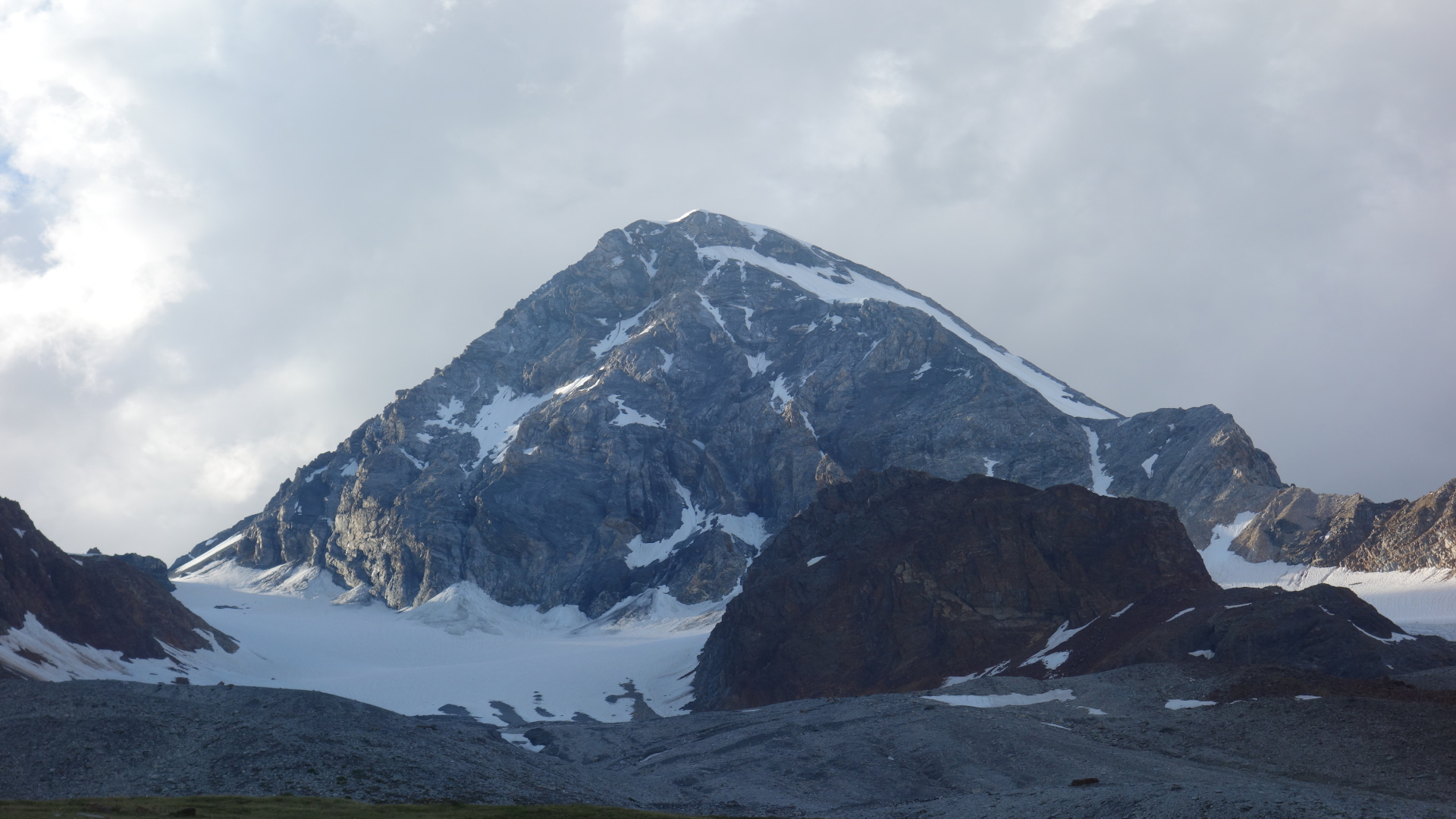
You wrote a book called “Le Lezioni della Montagna” (“The Lessons of the Mountain”). What is the most important thing the mountains have taught you?
That you have to respect the mountains. We can train and prepare and be very skilled, but the mountain makes the rules. You have to respect the mountain’s moods and movements.
All the latest inspiration, tips and guides to help you plan your next Advnture!
You have only three more 8000ers to complete before you’ve done all 14. When you’ve climbed Narga Parbat, Masherbrum I, and Kanchenjunga, what will you do with yourself?
I will dedicate myself to my dear clients in my work as a mountain guide, and I will definitely work a lot with youngsters. I will also write another book about my experiences to communicate to others all that the mountains have taught me.
You invest a lot of time in helping young alpinists. Why is this so important for you?
It’s not only alpinists. I’m also involved in a beautiful youth project here in Italy called “Allenarsi per il Futuro" (“Train Yourself for the Future”), created by Bosch, which teaches young people to be willing to fight and work hard for their objectives, and to live life to the full. I believe that young people are the future of the world, so we must give them the input and resolve to never give up on their aspirations.
Do you have any advice for aspirant 8000-hunters?
The most fundamental thing is making a great effort. You have to turn up every day and apply yourself. It’s a very long journey, and very difficult, and there are, unfortunately, many tough moments. However, you can learn from this. This activity is, of course, very dangerous, so you have to be very careful and never forget that we only have one life, and this is the most valuable thing of all.
In 2008, you survived an incident on K2 when it was easier to die. Where did you find the strength to survive and to help the others around you?
I believe the strength and will to survive is all in the brain. I did the highest bivouac in Himalayan history – normally, those who bivouac at 8600m die. For me, physical strength and mental strength were important factors, but my positivity was especially crucial because on that night I never doubted that I would return home.
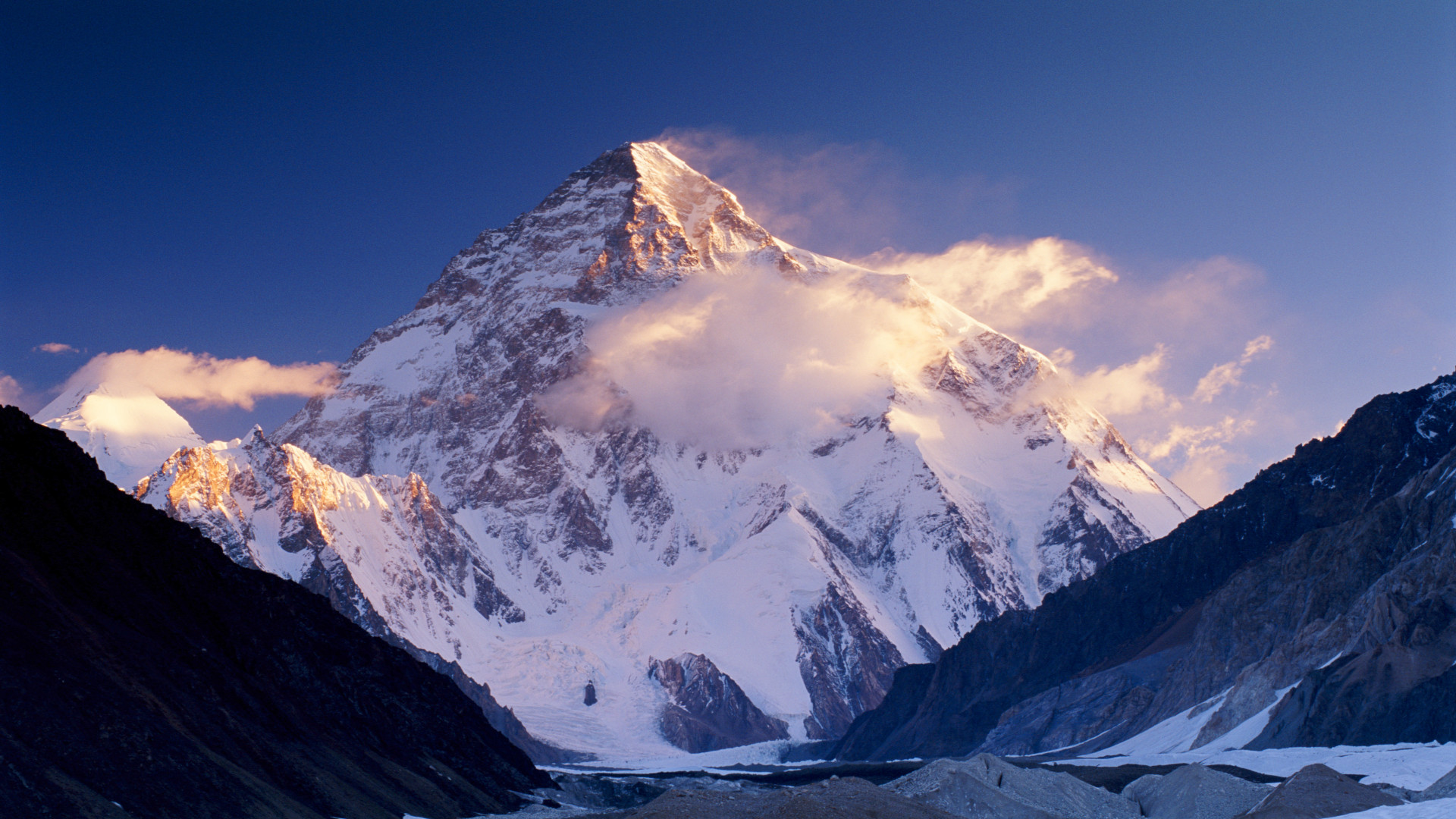
After an incident like this, most people would have quit. How difficult was it for you to return to the mountains after K2?
The amputation, which was very invasive, had a big impact. I lost 8 centimetres from my foot and most of my toes, but this was for my great passion, the mountains. And this is a message that I use a lot to teach resilience when I do work as a speaker in businesses, schools, and universities. I teach these people that when there’s a will, there’s a way, and for every problem, there is a solution.
I of course had difficulties, because it took one year to relearn how to walk. But this demonstrates the importance of determination and resolve and remaining concentrated on and connected to our objective or our passion. The doctor told me that I would limp forever, never walk right again, have difficulty skiing, and never climb another 8000er. When I discussed this with the psychologist, I simply told him “I’ll take care of it”, and a year later I was back on my feet. I took care of it. There is always pain, but you have to go onward, onward, onward... Today I climbed for 6 and half hours and I have sore feet, but I will go onward, onward, onward!
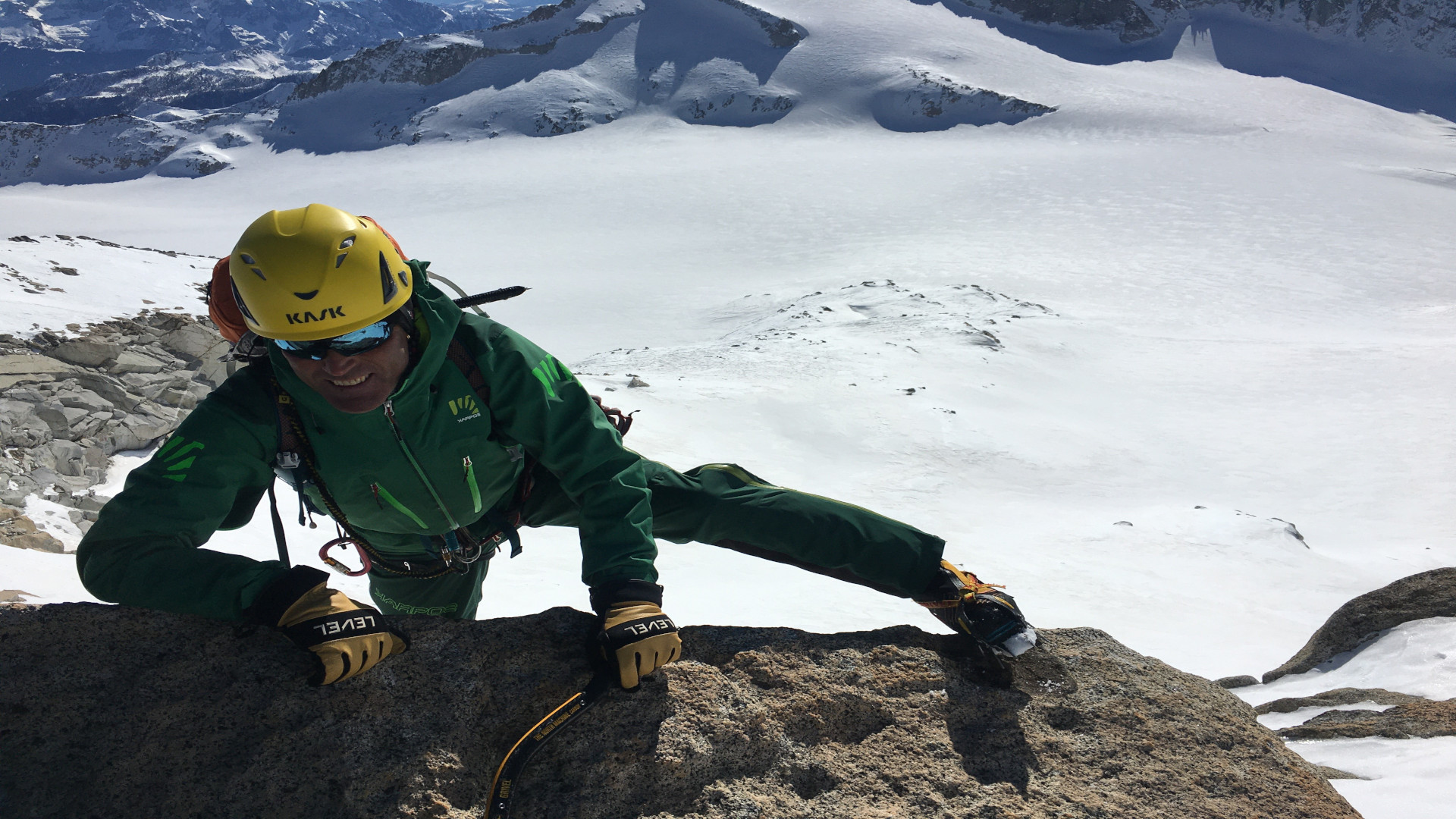
You also serve in the mountain rescue team. How do people react when they see who has come to save them?
When they know me, they are sometimes very excited! It is a great pleasure for me. Even though I’ve done so many things in the mountains, one of my greatest pleasures is helping those who follow. It’s a beautiful thing to be able to help others who are in difficulty.
Do you have any regrets?
Not even one. Ah, wait, maybe one! Maybe I should have studied English a little better…I speak Tarzan English! But at high altitude, with so little oxygen, there isn’t much scope for chatter.
If you weren’t a mountaineer, what would you be doing?
I am a lover of engines. If I wasn’t a mountaineer, I’d be a motorcyclist or a pilot.
What’s one piece of kit you always have in your backpack?
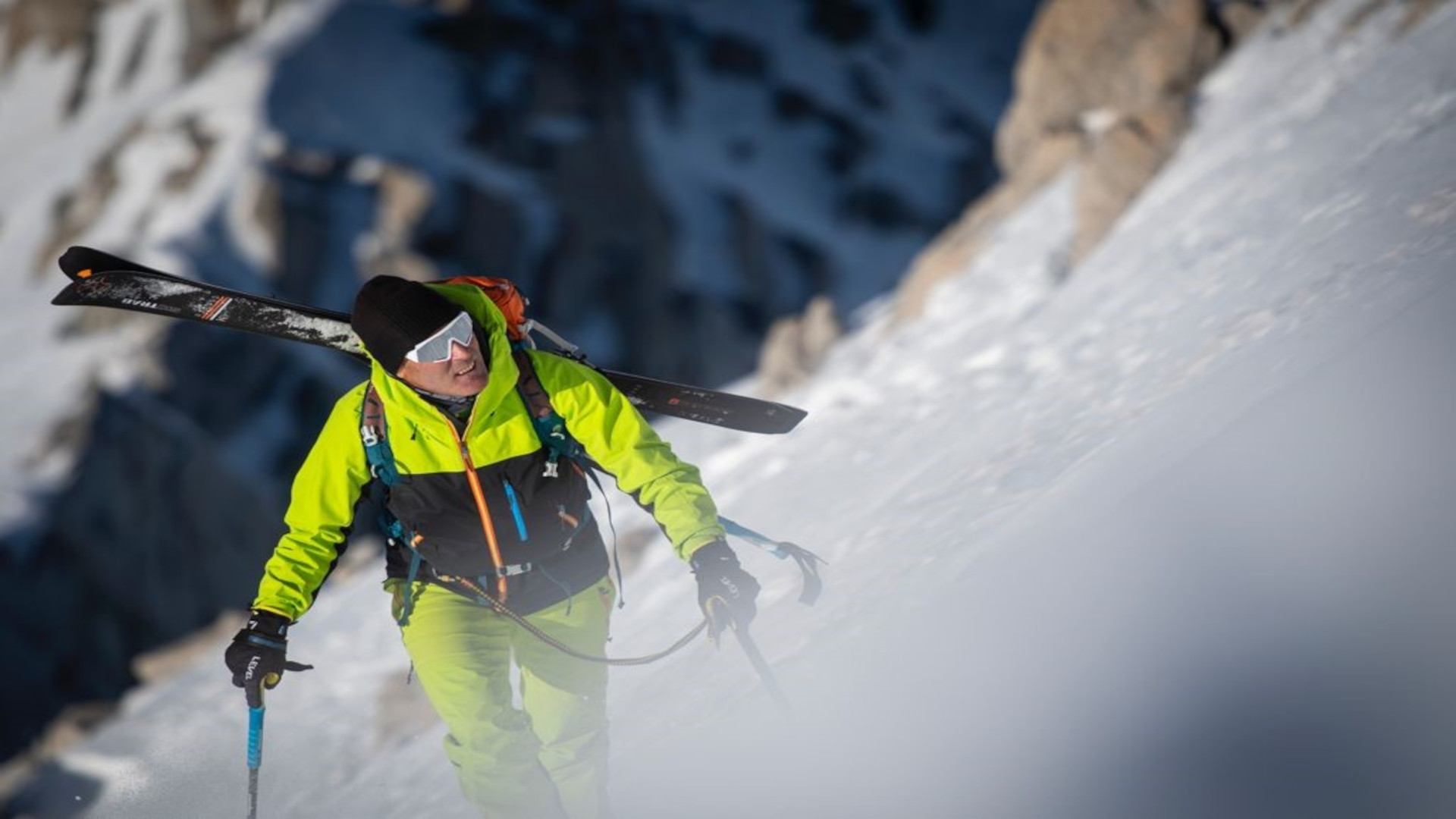
Gear is a fundamental part of any expedition, hike, or climb. Logically, you have to use the right gear for what you’re doing. This is important. If I’m trekking, I have one set of kit, if I’m climbing, I have another set of kit, if I’m mountaineering, I have another set of kit. It’s very important to understand just how important gear is. In fact, I invented a board game, called the 8000: The Mountain Game that lets you climb all of the 8000ers by making the right choices, many of which relate to the gear, from the boots on your feet right through to more technical kit. I created it in English because I wanted to make it international, because these things apply to everyone and decision-making is critical for all of us.
What’s your favourite mountain?
There are so many, but the mountain I love the most, and the one I use the most for training, is Gran Zebru. In German, the name is Königspitze, which means “the mountain of the King”. Even today I was up there – it was the 306th time.
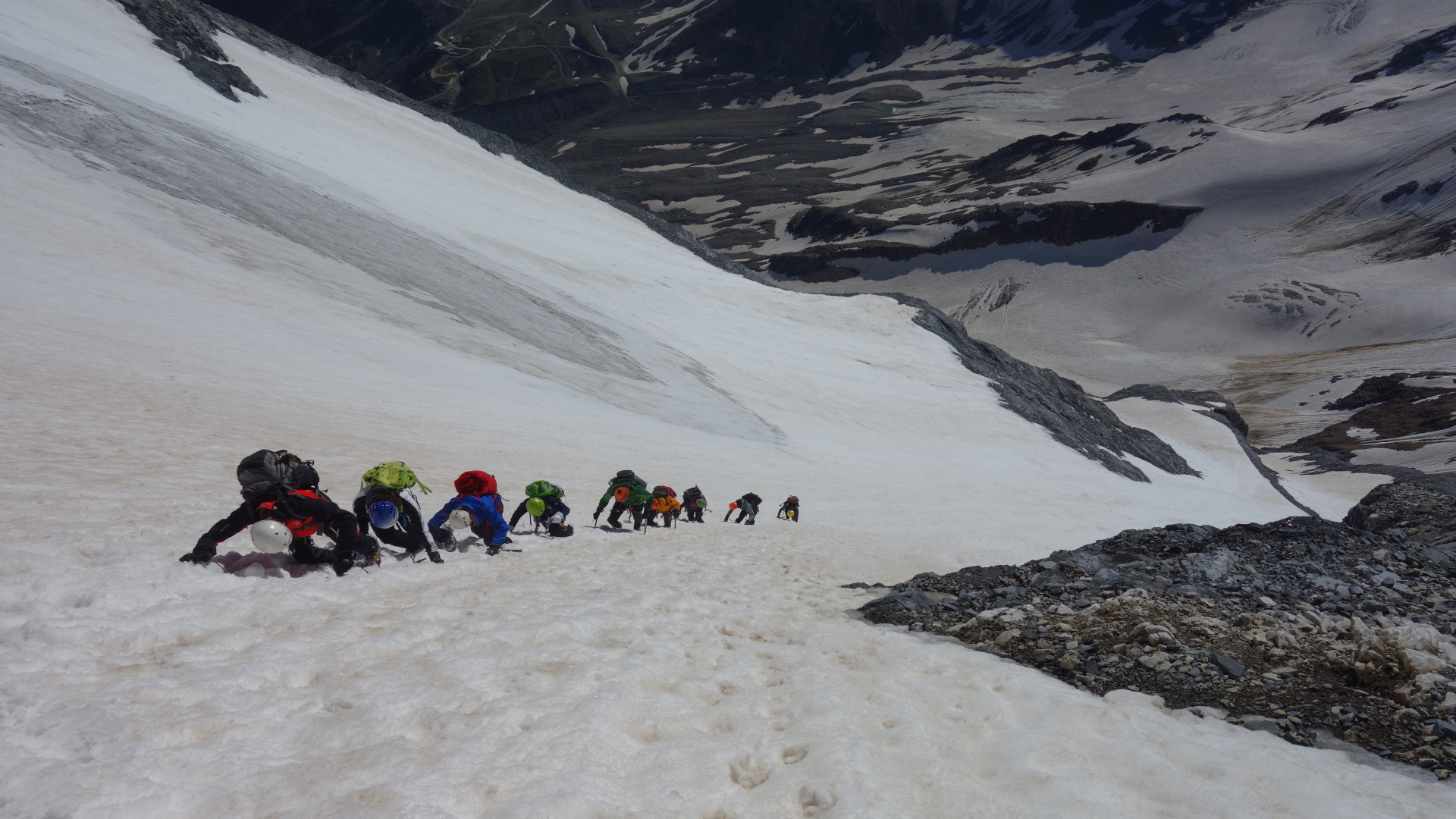
Former Advnture editor Kieran is a climber, mountaineer, and author who divides his time between the Italian Alps, the US, and his native Scotland.
He has climbed a handful of 6000ers in the Himalayas, 4000ers in the Alps, 14ers in the US, and loves nothing more than a good long-distance wander in the wilderness. He climbs when he should be writing, writes when he should be sleeping, has fun always.
Kieran is the author of 'Climbing the Walls', an exploration of the mental health benefits of climbing, mountaineering, and the great outdoors.
